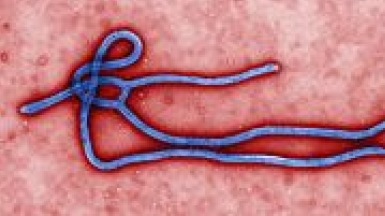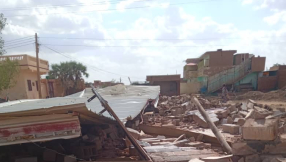
A hearing was held following an announcement by the National Institutes of Health that a nurse in Dallas, who was found to be infected with the Ebola virus, was to be transfered to a facility in Bethesda. According to the Washington Post, she was flown Thursday night to one of four NIH facilities with a biocontainment unit.
The nurse, Nina Pham, is one of two nurses who got infected while taking care of Thomas Eric Duncan, the first patient to die in the U.S. due to the disease. Duncan travelled to Texas from Liberia carrying the virus. He succumbed to the disease last Oct. 8, and the two nurses from Texas Health Presbyterian Hospital of Dallas who handled his care, both in their early 20s, contracted the virus in the line of duty.
The congress hearing was about the growing concern over the spread of the disease, as more and more calls arise for the U.S. government to conduct a travel ban and impose limits going to the hardest-hit countries in West Africa.
One of those urging President Barack Obama to consider this desperate move is House Speaker John A. Boehner (R-Ohio). According to a report by Los Angeles Times, Boehner said that the House will be firm and will act "if it becomes clear legislation is needed to ensure the threat is countered aggressively."
However, reports say that there are public health officials who are opposed to the idea because of two effects that might happen. One is that fewer flights and longer travel delays will affect the distribution of medical supplies and personnel to affected countries. Two, with such restrictions of travelling to the U.S., there could be a number of people who would go "underground," making it difficult to track down infected individuals, thus causing the virus to spread more. This will provide a false impression of an Ebola-contained country.
The Ebola virus has already killed 4,493 people to date, mostly in the three West African nations of Liberia, Sierra Leone and Guinea. This number is still growing rapidly, and many are alarmed since about 150 passengers arrive in the United States from these areas daily.













